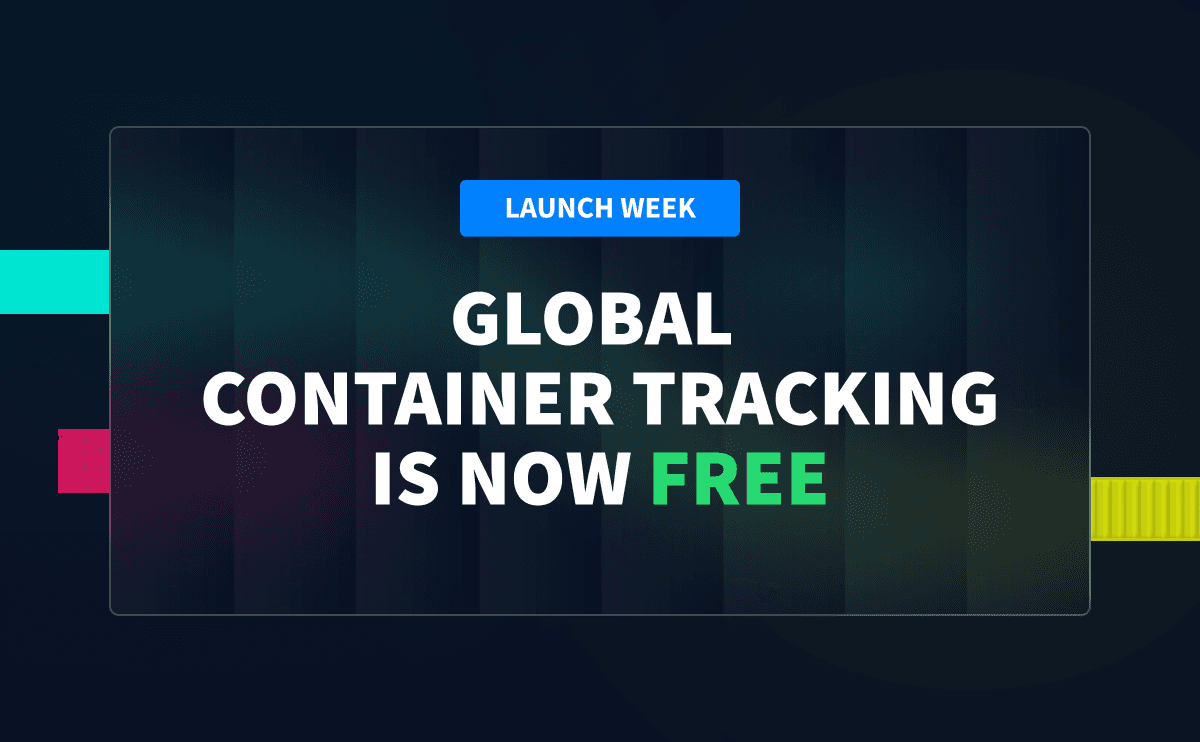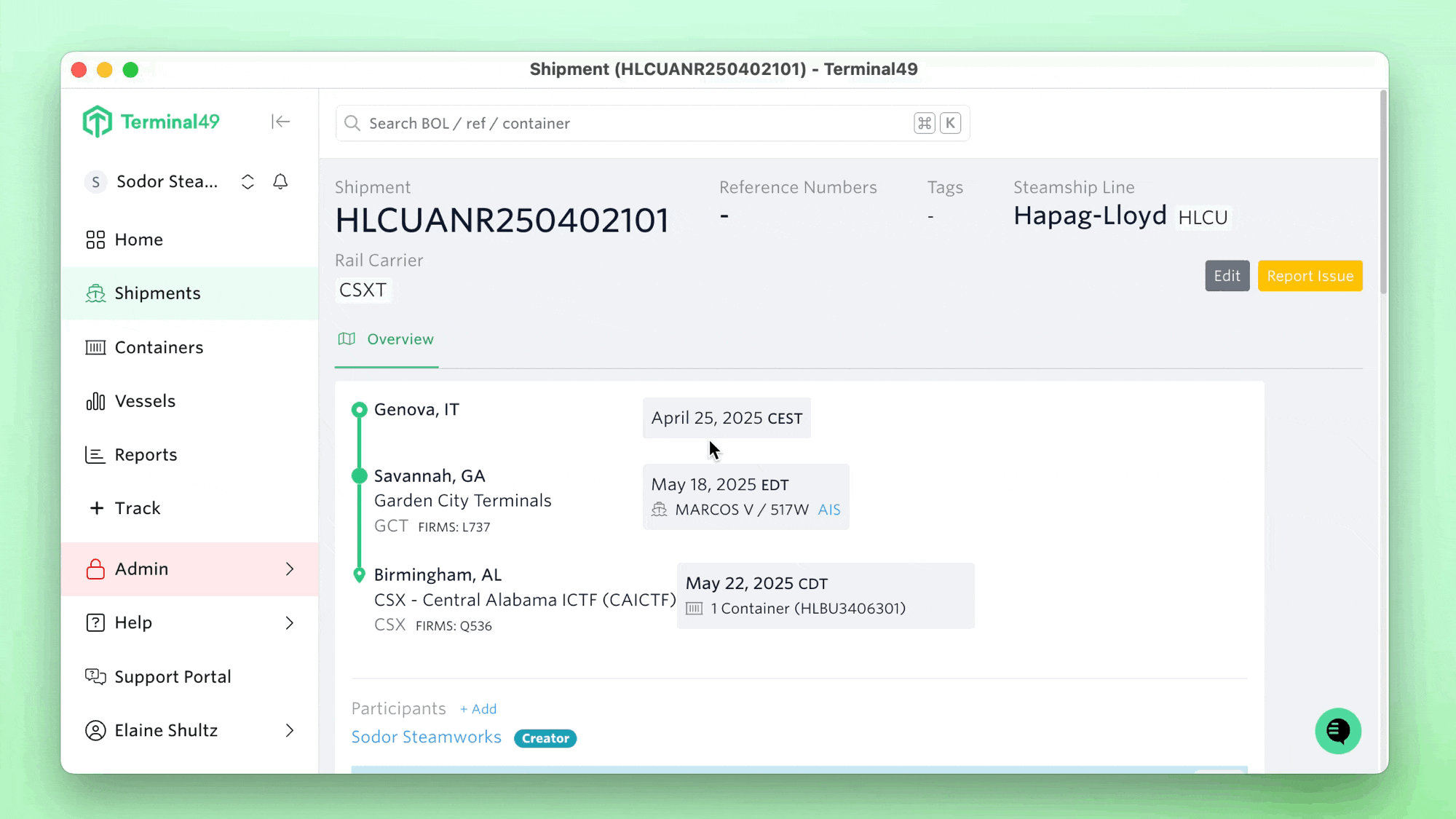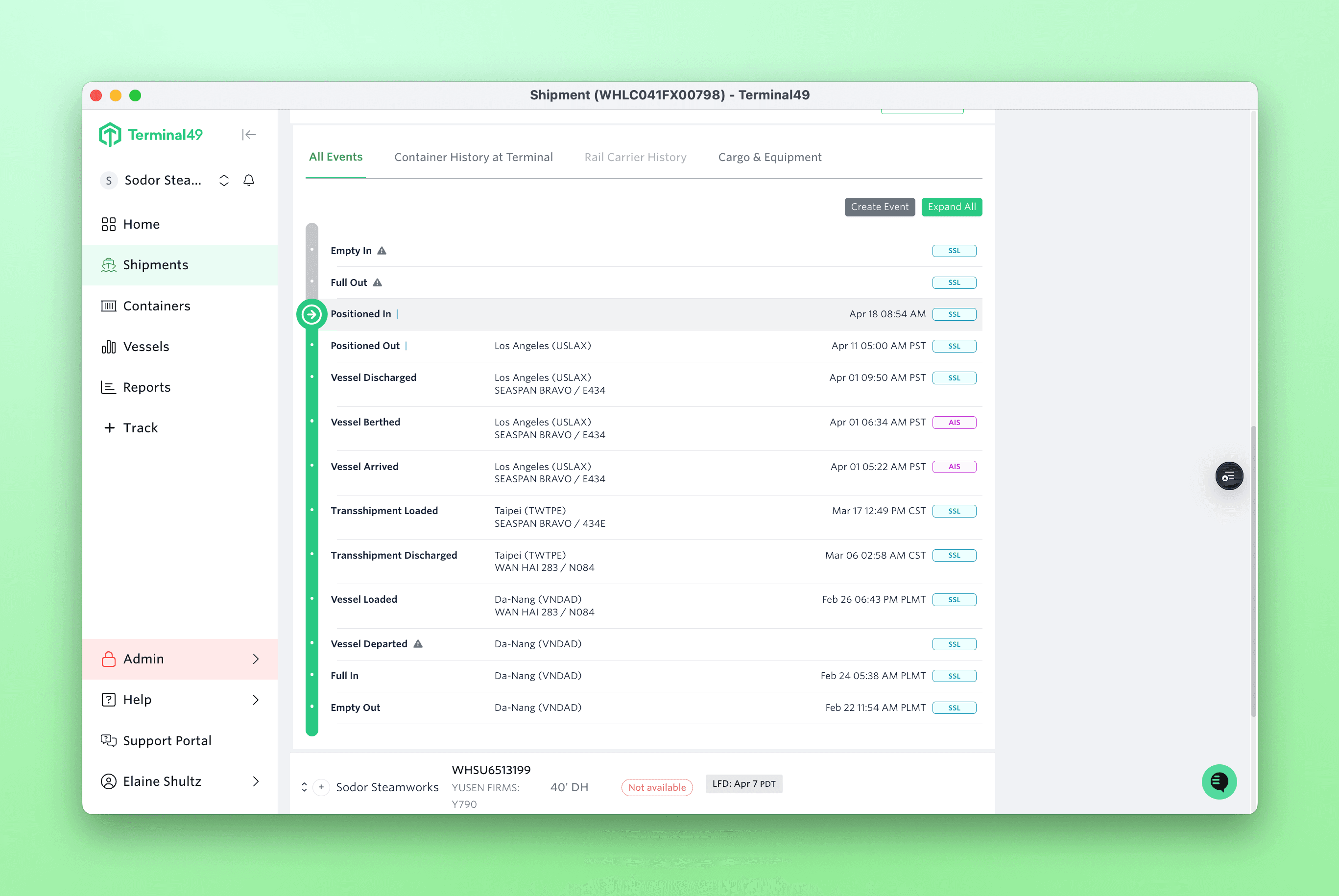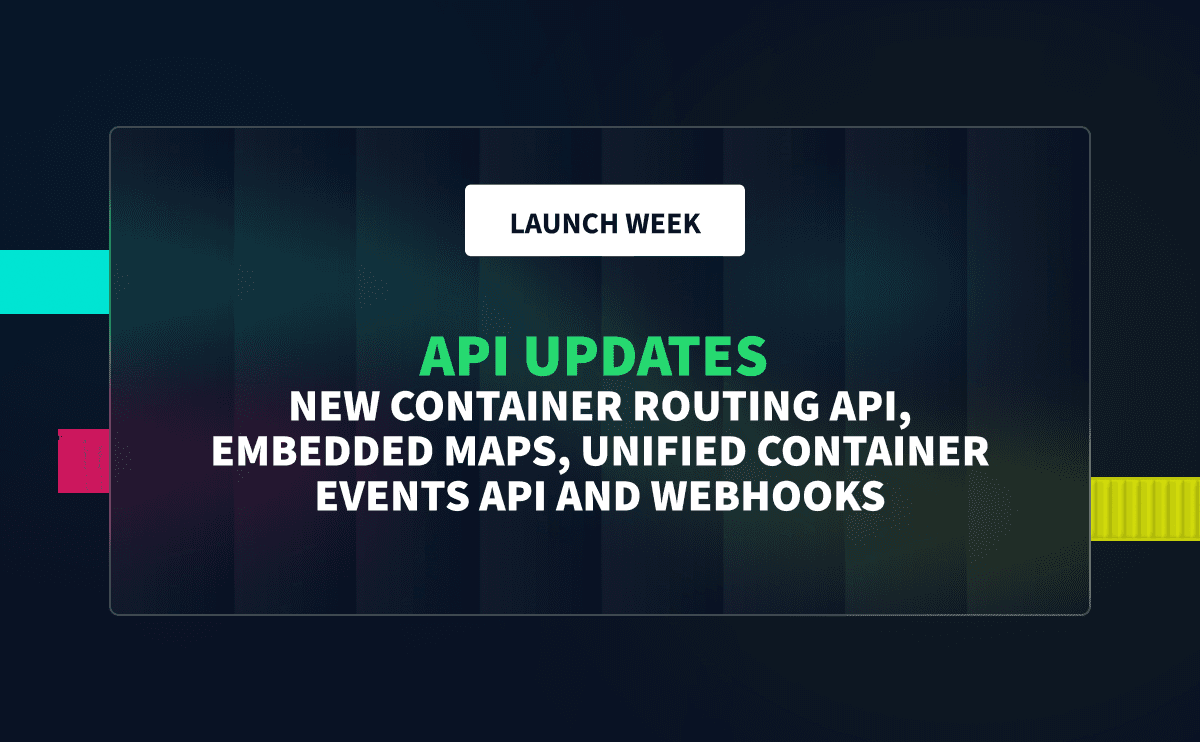In the dynamic landscape of international trade, freight forwarders play a crucial role in facilitating the movement of goods across borders. As intermediaries between exporters, importers, and various transportation providers, freight forwarders shoulder the responsibility of ensuring smooth, efficient, and compliant cross-border shipments. However, the ever-changing and complex web of international trade regulations can pose significant challenges for these logistics professionals. In this guide, we will explore key strategies and best practices to help freight forwarders navigate international trade regulations successfully.
Understanding the Basics of International Trade Regulations
At the heart of every successful freight forwarding operation lies a comprehensive understanding of the fundamental principles of international trade regulations. Freight forwarders must familiarize themselves with the relevant laws, treaties, and agreements that govern trade between specific countries. These regulations may encompass customs procedures, import/export controls, tariffs, sanctions, and licensing requirements. Invest time in continuous learning, attend workshops, and leverage online resources to stay up-to-date with the latest changes in regulations.
Establish a Compliance Culture
Compliance with international trade regulations is non-negotiable for freight forwarders. One compliance slip-up can lead to severe consequences, including financial penalties, shipment delays, or even the loss of operating licenses. It is essential to foster a strong compliance culture within the organization. Implement internal policies and procedures that prioritize adherence to regulations and ethics. Conduct regular training sessions for staff to keep them informed about the latest compliance guidelines and emphasize the importance of accuracy in documentation and record-keeping.
Verify Customer Information and Documentation
Before engaging in any cross-border shipment, freight forwarders must thoroughly verify the customer's information and the accuracy of all relevant documentation. This includes ensuring that the importer and exporter details are correct, verifying the product classification under the Harmonized System (HS) code, and confirming that all necessary permits and licenses are in place. Incomplete or inaccurate documentation can lead to delays and possible customs violations, so rigorous scrutiny is essential.
Embrace Technology
Incorporating advanced technology solutions into freight forwarding operations can significantly enhance compliance efforts. Robust trade management software can streamline documentation processes, track shipments in real-time, and maintain comprehensive records of all transactions. Automation reduces the risk of human errors and minimizes delays caused by manual paperwork. Additionally, technology can aid in monitoring regulatory changes and alerting freight forwarders to any modifications in trade regulations that may impact their operations.
Partner with Trusted Customs Brokers
Collaborating with trusted customs brokers is a valuable strategy for freight forwarders to navigate complex customs procedures and compliance requirements efficiently. Customs brokers possess expertise in local regulations and can offer invaluable guidance on handling customs documentation, duties, taxes, and other compliance-related matters. Partnering with reputable customs brokers not only saves time and resources but also reduces the risk of non-compliance.
Monitor Sanctions and Restricted Parties Lists
To avoid running afoul of international regulations, freight forwarders must regularly check and monitor sanctions and restricted parties lists issued by various governments and international organizations. These lists identify individuals, organizations, or countries subject to trade restrictions or embargoes. Scrutinizing shipments against these lists helps freight forwarders ensure that they are not dealing with sanctioned entities or prohibited goods.
Be Prepared for Customs Audits
Customs authorities may conduct periodic audits of freight forwarders to assess their compliance with trade regulations. Being prepared for these audits is essential. Maintain organized records of all transactions, shipments, and compliance-related documentation. Conduct internal audits to identify and rectify any compliance gaps proactively. Being audit-ready instills confidence in customs authorities and reinforces the reputation of the freight forwarding company as a reliable and compliant partner in international trade.
Engage in Industry Associations
Participating in freight forwarding industry associations and trade organizations can be advantageous. These forums offer opportunities to exchange knowledge, share experiences, and learn from industry peers about best practices for navigating international trade regulations. Networking with other freight forwarders can provide valuable insights into regional nuances and regulatory challenges faced in specific markets.
Successful freight forwarding in the realm of international trade requires a thorough understanding of the ever-evolving regulations that govern cross-border shipments. By embracing technology, prioritizing compliance, and forming strategic partnerships, freight forwarders can navigate the complexities of international trade regulations with confidence and continue to play a pivotal role in facilitating global commerce.





